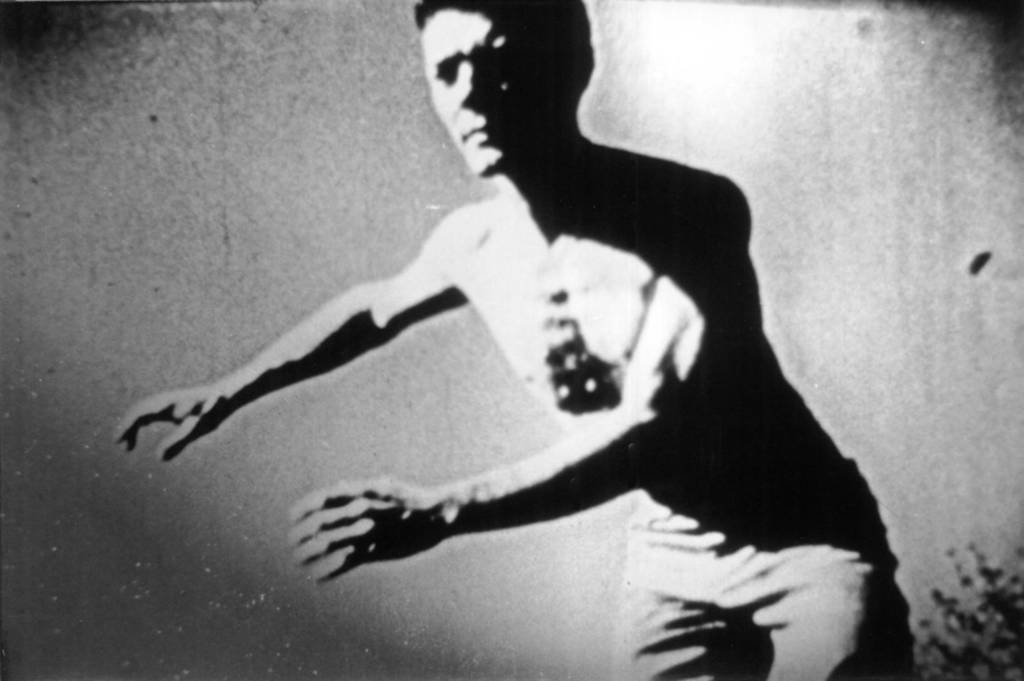
Film Matters: Please tell us about your article that is being published in Film Matters.
Lydia Spencer-Elliott: “Choreography to Choreocinema: The Symbiotic Relationship Between Surrealism and Dance” explores the role of dance within the Surrealism movement from performances in 1917 to contemporary cinema in 2016. The article delimits the notion of legacy and of labeling different styles of dance choreography “surrealist.”
FM: What research and/or methodologies do you incorporate in your article?
LS: “Choreography to Choreocinema” draws upon a vast range of choreographies and surrealist films to demonstrate the mutual influence of one artform upon the other. The argument is grounded in the notion that surrealist movement endeavors to access and express the thoughts of the subconscious mind, thus sharing a common goal with surrealist cinema. The article employs close analysis throughout and engagement with key essays on Surrealism by Pierre Mabille and André Breton.
FM: Describe the original context for/when writing this article while an undergraduate student.
LS: This article was originally written as a coursework submission for the final year module Surrealism and Its Legacies at the University of Exeter. It has since been minorly redrafted.
FM: How has your department and/or institution supported your work in film and media?
LS: Throughout my undergraduate study, the professors at the University of Exeter have been generous with their time and resources to further my ability and interest in film academia. Their expertise has been astounding and their passion for their subject matter infectious.
FM: How has your faculty mentor fostered your advancement as a film scholar?
LS: Dr. Felicity Gee, the convener of the Surrealism module at Exeter, provided constant support and encouragement throughout the researching and writing process. Felicity was enthusiastic and flattering in her feedback and encouraged me to submit the article for publication.
FM: How has the Film Matters editorial and publication process impacted the development/evolution of your article?
LS: The Film Matters editorial and publication process has required me to consider the accessibility of my article for the reader. Pleasingly, the peer review process revealed the article to be enjoyable for those without an initial interest in Surrealism or dance. Questions from the readers have also provided some further areas of study to consider in future work.
FM: What audience do you hope to reach with your Film Matters article and/or what impact do you hope it has on the field of film studies?
LS: Due to the accessibility of the article, I hope it can be of interest to most readers. Dance has historically been unconsidered in multiple areas of academia. Susan Jones has done wonderful work combatting this in relation to Modernism. I hope this article can similarly bring forth more discussion of dance and the Surrealism movement.
FM: What are your future plans?
LS: I am currently completing an MA in magazine journalism at City, University of London. Following graduation I hope to work for a mainstream newspaper supplement in London.
Author Biography
Lydia Spencer-Elliott recently graduated from the University of Exeter, earning a degree in English Literature and Film Studies. After completing her journalism MA, Lydia hopes to write long-form articles with a focus on culture and intersectional feminism.







































